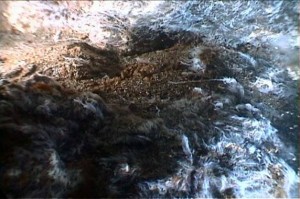Microbial ecologist
Microbial ecologists study the role that microorganisms play in the transfer of energy in organic and inorganic substances in ecological processes. Microbial ecology is a dynamic branch of environmental science due in part to the ecological problems associated with many human activities, including mining, ozone depletion, eutrophication, biomagnification of pollutants, chemical persistence of plastics, dependence on hydrocarbons, etc. These microorganisms are often responsible for maintaining or resolving some level of environmental quality, and they have been credited with helping to solve some of our most critical economic and environmental problems, like proper disposal of liquid and solid waste, biocontrol of agricultural pests, water purification, food and fuel production from waste products, development of fertilizers, bioremediation of petroleum products, etc. These microbes have a unique ability to interact with both the biotic (living) and abiotic (non-living) parts of our earth, and in turn, live in a variety of environments including soil, bedrock, groundwater, sewage, caves, wells, hot springs, thermal vents, ice packs, deserts, etc.


